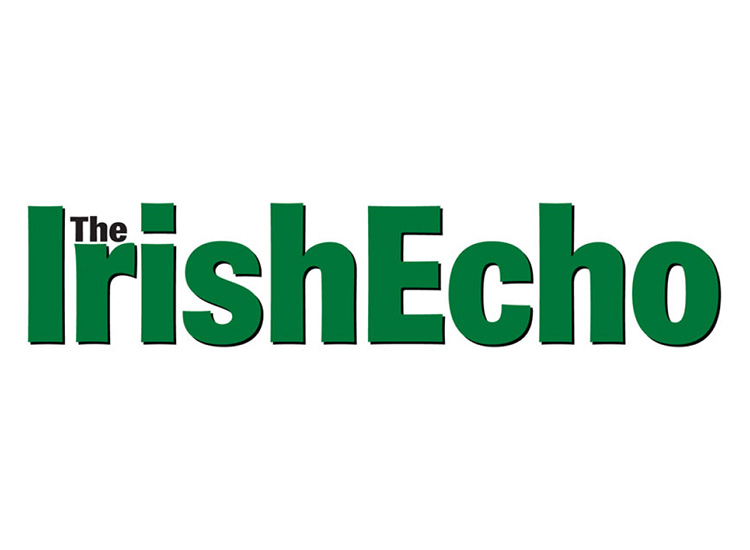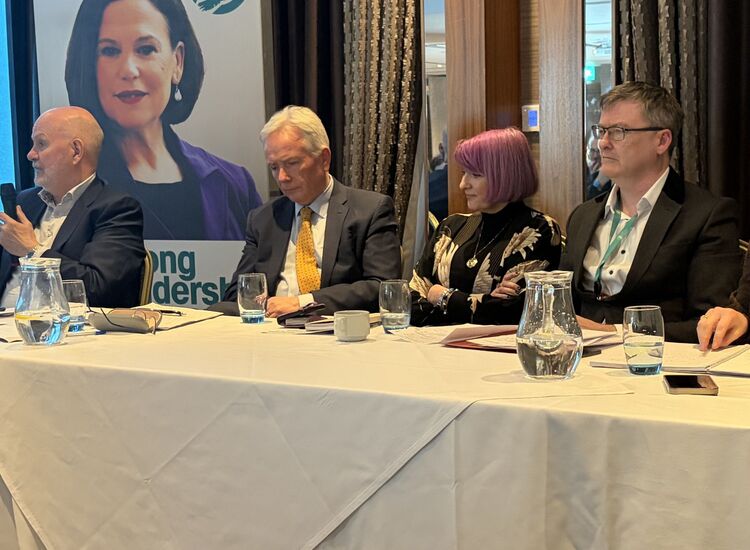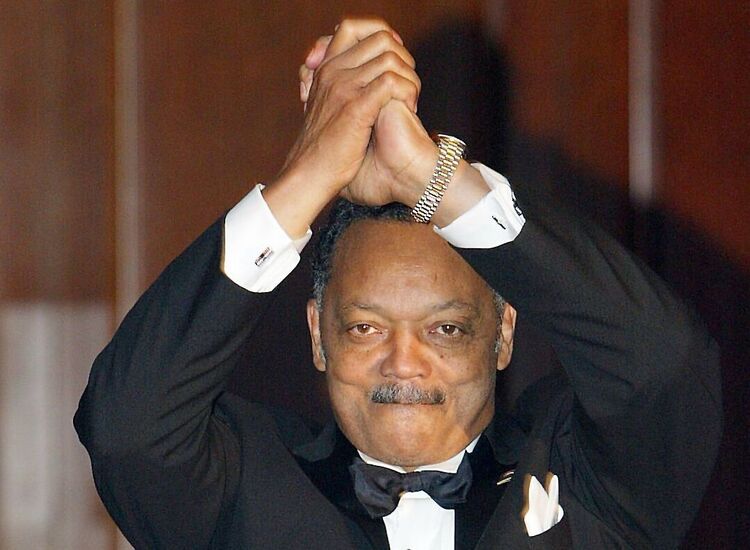Tánaiste Simon Coveney on his way to a Cabinet meeting at Government Buildings yesterday. LEON FARRELL / PHOTOCALL IRELAND
The Republic has said it will represent small states if elected to the United Nations Security Council and one of the key calling cards in the campaign is the country’s history, the Irish Times reports.
Ireland, Norway and Canada are competing for two seats on the council from 2021-2023 and the world’s ambassadors to the UN will give their countries’ votes in person at UN headquarters in New York on June 17.
To secure a seat on the council, which has five permanent and 10 temporary members, Ireland needs 129 votes from the 193 members in the secret ballot.
Stepping up efforts to secure a seat on the UN Security Council next year ahead of a key vote on June 17.
Tánaiste and Minister of Foreign Affairs Simon Coveney has intensified engagement with regional groups at theUnited Nations and individual countries in recent weeks, as Ireland seeks to win a seat on the influential 15-member body.
The Tánaiste, who had been expected to travel to New York ahead of the vote before the coronavirus pandemic hit, has been holding virtual calls with key stakeholders in recent weeks.
The United Nations agreed last week to proceed with the vote for the 2021-2022 session as planned on June 17, despite the coronavirus pandemic which has severely curtailed activity at UN headquarters in New York.
The 193 members of the United Nations will vote in person, on a staggered basis, at UN headquarters on the day of the vote, though the process could stretch into more than one day.
Ireland is competing with Canada and Norway for two non-permanent seats during the 2021-2022 session.
Speaking at a debate on the forthcoming election on Friday, Ireland’s ambassador to the United Nations, Geraldine Byrne-Nason said that “effective multilateralism” was at the heart of Irish foreign policy.
The final push is under way in a campaign that officially began in 2005 when Ireland declared an interest and it has intensified in the past two years. All efforts have now moved online because of the Covid-19 pandemic.
Part of the campaign has been on focused on small states and on history.
“Many member states realize that we were never a colonial power, we were colonized,” according to senior diplomatic sources. “We’ve had the experience of famine and hunger and many of the member states are in the developing world and we bring this voice.
“We’ve transitioned out of being a poorer country into a much wealthier country but we brought that voice, that experience with us.”
Contemporary issues in the Republic’s campaign include the State’s overseas aid program. The decision to quadruple Ireland’s contribution to theWorld Health Organization when the U.S. announced it was withholding funding also did not go unnoticed.
The State’s role in UN peacekeeping missions is also a focus with the Defense Forces having served continuously since 1958.
Canada’s media has been engaged in a debate over the country’s stop-start role in UN missions and the country’s late entry to the race in 2016, which may favor Ireland.
The State is also flagging the UN sustainable development goals which were negotiated by the Republic and Kenya and will look at climate change as a security issue as well as a development issue because of conflict resulting from people being driven off the land.
It has highlighted the UN Commission on the Status of Women which was chaired by Irish ambassador to the UN Geraldine Byrne-Nason.
If elected Ireland also wants to focus on the importance of humanitarian access for NGOs (non-governmental organizations) in conflict situations.








